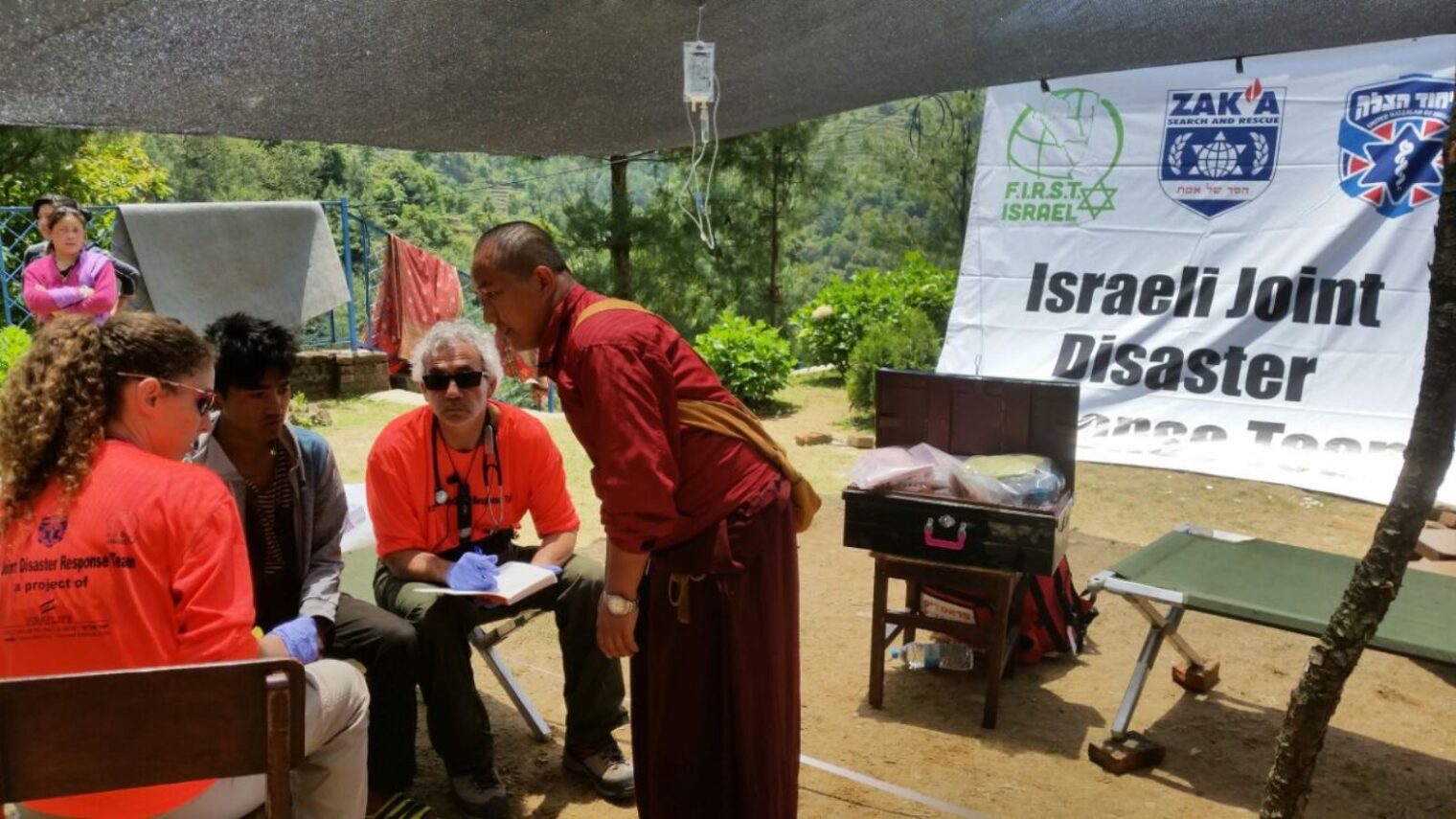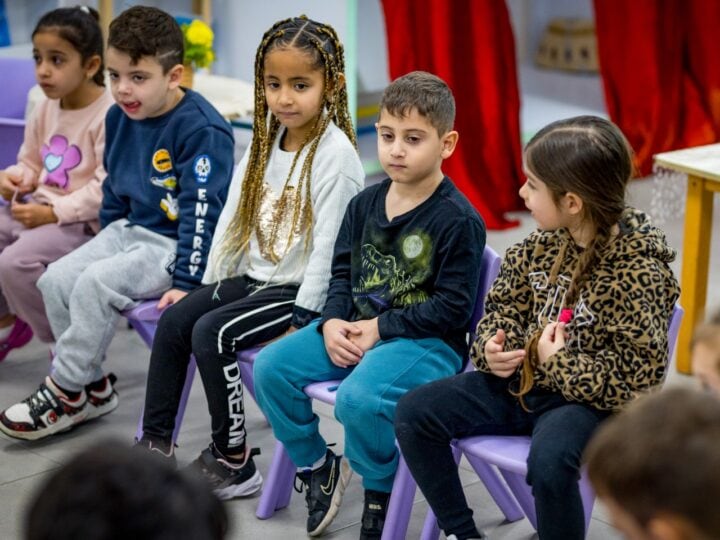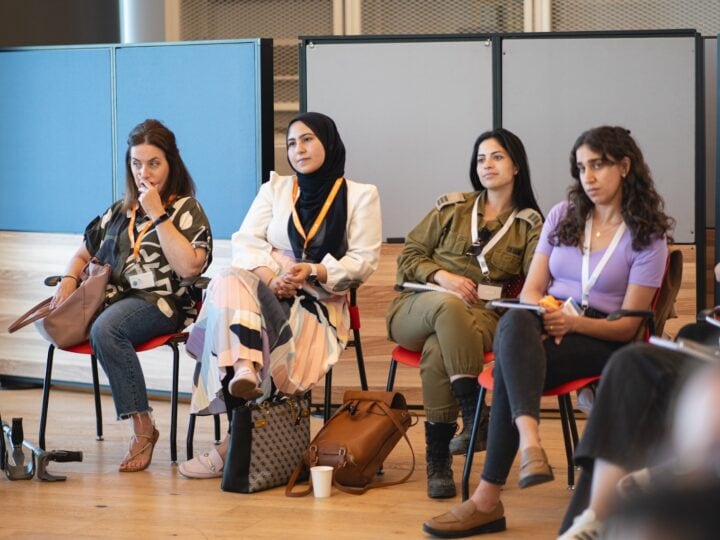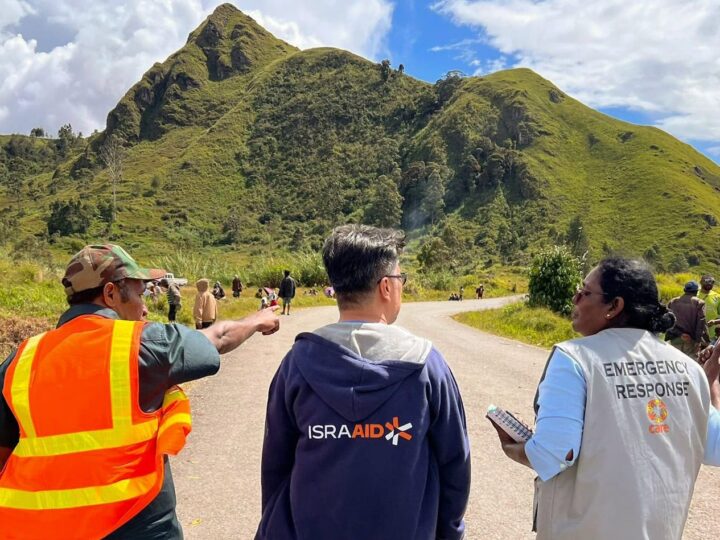Israel has 13 volunteer rescue organizations ready to drop everything to respond to disasters at home or overseas.
When a devastating earthquake hit central Italy on August 24, 2016, it took just two days for Israeli humanitarian NGO IsraAID to get together a crew of 20 relief, search-and-rescue, and trauma specialists — and funding from the Ted Arison Family Foundation — to send to its Mediterranean neighbor.
Dov Maisel, director of international operations for United Hatzalah of Israel, now is forming a new Israeli international aid task force, iRescue, encompassing volunteers from the various search-and-rescue teams.
Joining forces makes a lot of sense, as demonstrated by the Israeli response to the Nepal earthquake in April 2015.
After search-and-rescue workers from the Israel Defense Forces (IDF) and IsraAID were quickly deployed to the scene, the Israelife Foundation organized a mission of 24 volunteers from United Hatzalah, FIRST Israel (comprising several Israeli government/military rescue squads) and the ZAKA International Rescue Unit. They spent three weeks searching for survivors and treating them in makeshift medical clinics.
“While much of the international efforts are focused on Kathmandu, our team is forging its way deeper into the harder-hit remote areas. Locals inform us that we are the first responders to reach their area,” United Hatzalah reported on April 30.
Each of these separate organizations has a long record of leading search-and-rescue operations worldwide.

The IDF Home Front Command’s Search & Rescue Brigade has provided medical and humanitarian aid to thousands of people in more than a dozen countries since 1983, including Haiti, Nairobi, Kenya, Turkey and Mexico.
The ZAKA International Rescue Unit – which includes a diving unit, jet-ski unit, jeep unit, climbing and rappelling unit, and canine unit – has responded to international disasters such as Hurricane Katrina in New Orleans (2005); the Chabad House terror attack in Mumbai (2008); the 2010 Haiti earthquake; the 2011 tsunami and earthquake in Japan and floods in Thailand; Typhoon Haiyan in the Philippines (2013); the 2014 plane crash in Namibia; the 2015 Paris terror attacks, Nepal earthquake and plane crash in the French Alps; and the Istanbul terror attack in 2016.
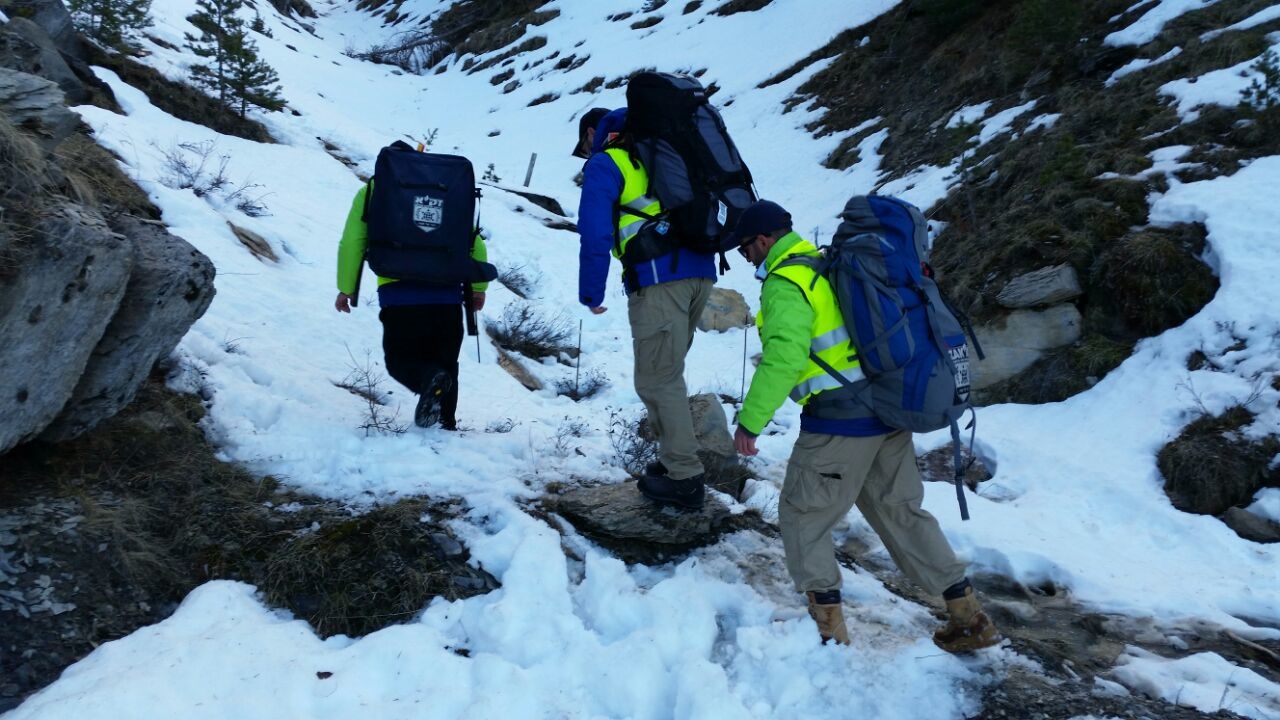
Tech to the rescue
Israeli technology has a role to play, too.
LifeCompass, an advanced GPS application developed for United Hatzalah by the Israeli company NowForce to map out the closest volunteer responder to any emergency, is now being used in search-and-rescue operations by organizations in the United States and South America.
The Israelife Foundation is creating educational materials for rescue squads and is developing a system that will use drones to help locate and identify injured persons.
“A drone that utilizes a camera can give search-and-rescue teams a different picture from a bird’s eye view and can help immensely when conducting searches,” Director Eli Pollack said.
It was an Israeli invention — the world’s smallest Class II rappelling harness, designed by Jerusalem-based Agilite — that made the difference between life and death when South African miners were trapped underground in 2013.
The following year, Israel’s national emergency-response network, Magen David Adom, offered search-and-rescue expertise when Turkish miners became trapped.
Teaching others how to respond
Israel also takes a leading role in training search-and-rescue personnel in countries prone to natural disasters.
A prime example is Chile. In February 2010, a team from the Teaching Center for Trauma Mass Casualty Situations at Rambam Health Care Campus in Haifa was preparing to train Chilean and Paraguayan professionals in handling mass casualty situations.
In a strange twist of fate, before the delegation left Israel a powerful earthquake wreaked havoc in Chile. The Israelis arrived just in time to analyze the aftermath and train more than 300 emergency response personnel in a five-day workshop.
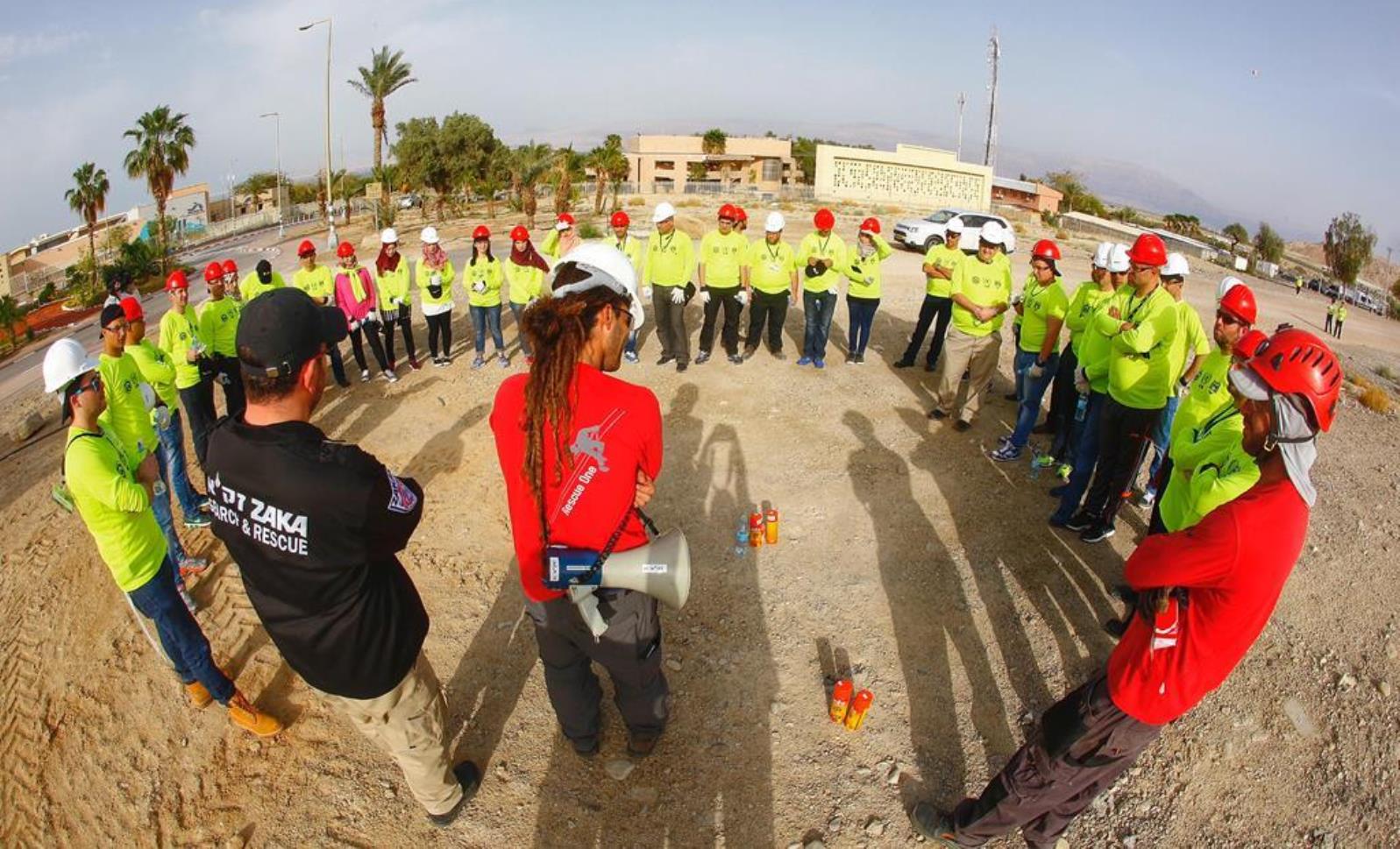
ZAKA, which recently became an official advisory body to the United Nations, has trained Palestinians through the Palestinian volunteer organization Green Land Society for Health Development in tandem with the Ministry for Regional Cooperation and with the Israeli company Rescue One.
And it has also trained emergency response teams in the United States (New York and Lakewood), England (London and Manchester), Paris, Hong Kong, Singapore, Mexico, Argentina, Russia, Ukraine, Belarus, Siberia and Georgia.
In addition, the ZAKA International Rescue Unit regularly trains with IDF and Israeli emergency services, as well as international forces, at the biannual multinational training held at the US Military National Guard in Indiana.
For more information about Israel’s vital aid work overseas, please enjoy our exhibition, My Name is Israel, which features some of the most moving stories about Israeli humanitarian aid.




